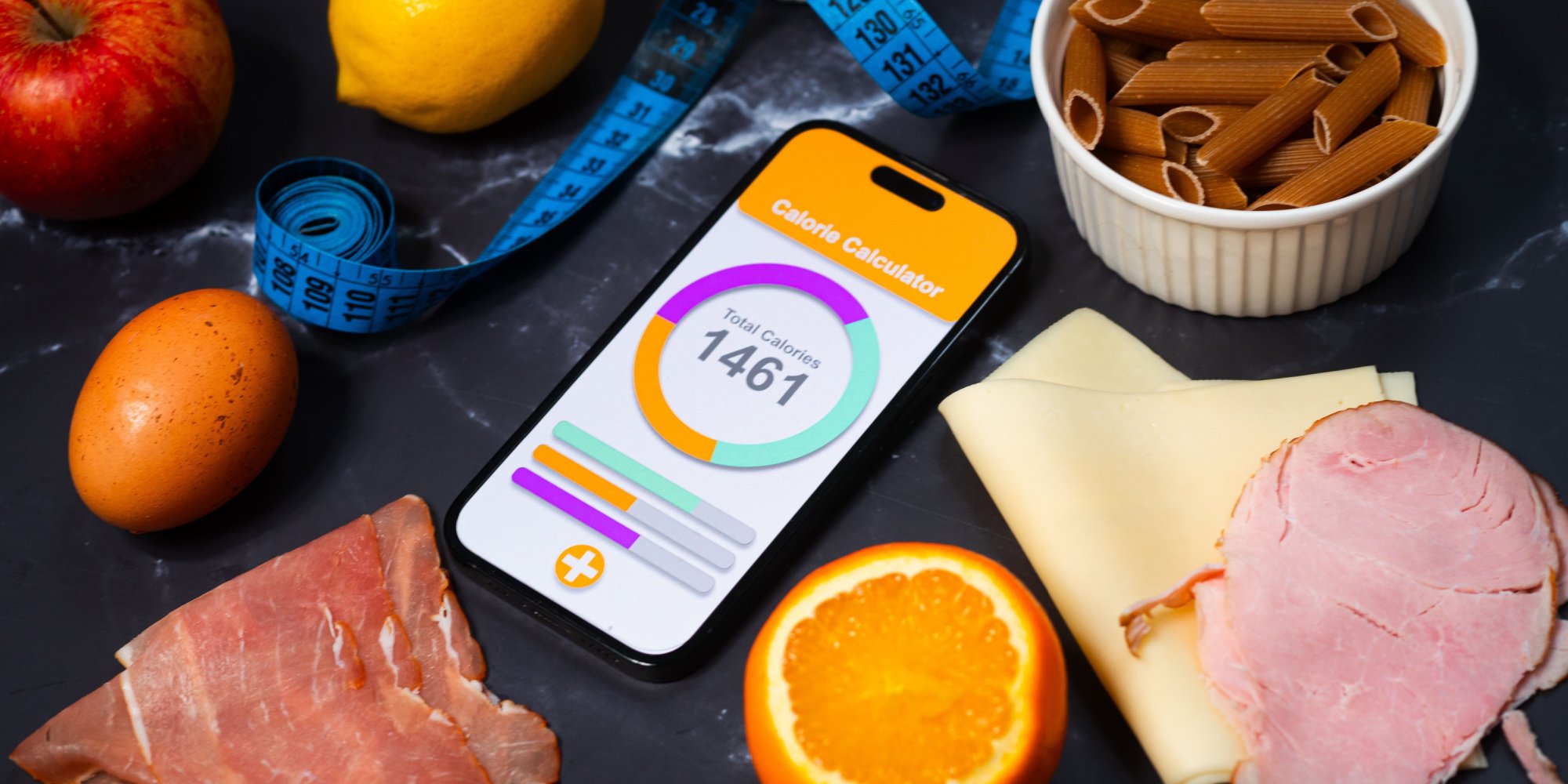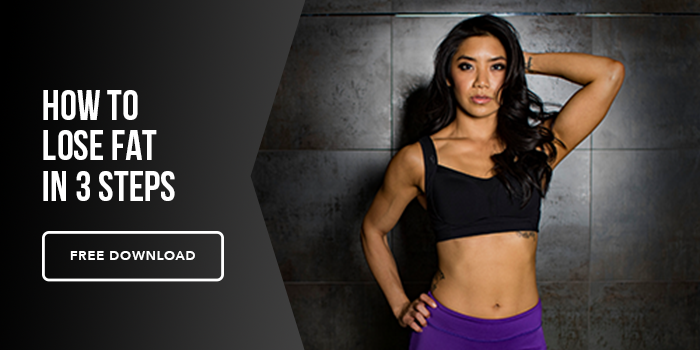Eat less and lose weight. Sounds simple, right? If only it really was! Consistently getting into a calorie deficit is challenging for nearly everyone, but when the scale doesn’t budge, it makes the entire process even more frustrating.
Before we dive into why you’re not losing weight, ask yourself this question:
Are you truly in a calorie deficit?
I can’t tell you how many times people say that they are in a calorie deficit when, in fact, they are consuming more calories than expected, and it’s not uncommon for that number to be in the hundreds.
How do people get so far off with their calorie consumption? It’s actually pretty easy.
First, proper measurements aren’t taking place. Peanut butter is an easy culprit; some people’s idea of what a tablespoon of peanut butter looks like is way more than what an actual tablespoon is. This inaccuracy could easily tack on an extra 100 calories because of peanut butter’s high fat content.
Servings of protein are another great example; four ounces of a protein is way smaller than people think, usually measuring about the size of your palm. Four to six ounces are routinely recommended for servings of protein, and without actually weighing your food, it’s easy to just log it as one serving. I don’t know about you, but when I eat steak, chicken, or pork chops, I’m eating a much bigger portion, which can double the number of calories.
If you want a more accurate representation of the number of calories you eat in a day, you need to be strict. Scales and measuring cups should be within reach, and every bite, beverage, and second helping needs to be logged. A calorie is still a calorie, whether it comes from a meal or a random, late-night snack.
There are situations when you really are logging your food properly, but the scale still isn’t moving in the right direction. Before you throw in the towel, there are some things to consider that may be thwarting your weight-loss efforts:
- You’re Losing Muscle
Muscle is your friend, whether you are trying to gain or lose weight. Having more lean muscle tissue will make your metabolism stronger, which will help you burn more calories at rest. Increasing your percentage of lean muscle mass and reducing fat mass is the best thing you can do for long-term success.
Before you head to the gym, make sure that the majority of your workouts are in the form of resistance training. Cardio will not develop lean muscle tissue; in fact, it can actually reduce the amount of muscle you have.
- You’re Overestimating The Number of Calories You’re Burning
I used to do this all the time: I finish a workout and assume I burned at least 500+ calories, but after looking at my fitness tracking app, I burned only half that. Or, because someone I know burned a certain number of calories, I’ll have the same results. Every body is different, and those who have more fat mass will burn more calories doing the same workout as someone who is 50 pounds less.
Also, just because you moved your body for an hour doesn’t mean you’re free to eat whatever you want. You still need to consider portion sizes and the quality of the foods you are eating. And speaking of food quality, you’ll have much better success eating whole, nutritious foods than ultra-processed ones. For reducing cravings alone, eating foods that have minimal ingredients will help you stay more consistent.
- You’re Stressed
I talk about this a lot. Being chronically stressed raises cortisol levels, which can lead to the body storing more fat. Wanting your body to burn calories when it’s in a high-stress state is like asking a toddler to go to bed after eating a bunch of candy—it's not going to happen.
When you’re doing everything else right, and there just doesn’t seem to be any progress, consider your stress levels and the things that impact them.
-Do you drink coffee like it's water?
-Is your sleep pretty crappy?
-Is there a work/life balance?
-Are there factors at home that are throwing you off balance?
-Do you find yourself constantly overwhelmed and not able to catch a breath?
It’s really easy to get into a routine and not realize how out-of-whack and stressed we really are. When this happens, your body is holding on for dear life, just doing the necessary things to keep you going–and losing weight isn’t one of them.
Hopefully, having a better understanding of what can impact your calorie-deficit efforts can help you get to your weight-loss goals.






